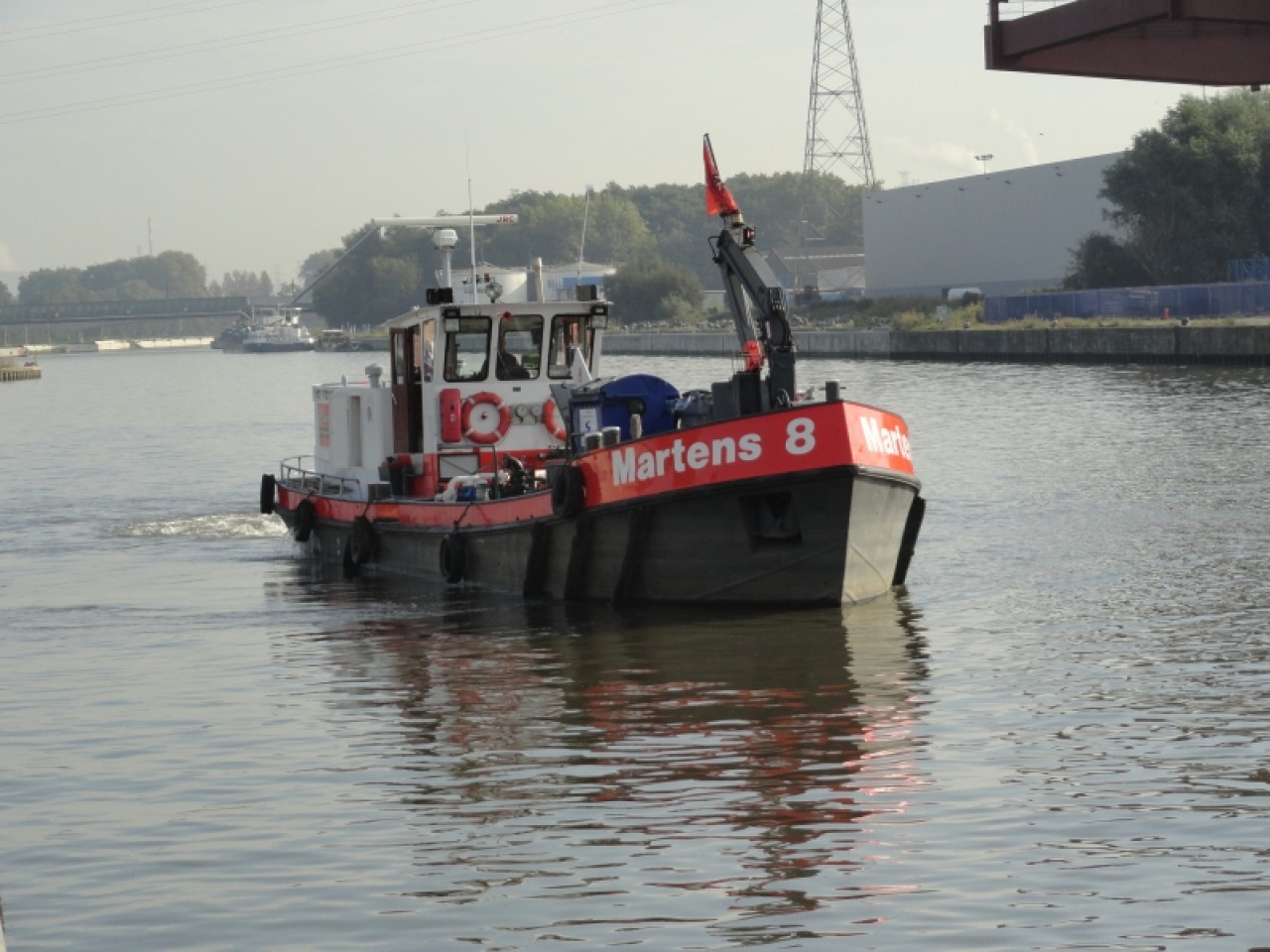Collection Reporting, part A
Evaluation of the collection of oily and greasy waste produced in the course of operating the vessels
The Convention on the Collection, Deposit and Intake of waste produced during navigation on the Rhine and Inland Waterways was signed in Strasbourg in 1996 and after ratification by all the Contracting States came into force on November 1, 2009. This Convention establishes the principles of collection and financing of ship-generated waste. The general principle of the Treaty is that the polluter should bear the costs associated with the collection, processing or recycling of waste. This Convention on the environmentally-responsible collection of waste from inland waterway transport distinguishes three types of waste :
- Part A: Oily and greasy waste produced in the course of operating the vessels
- Part B: Waste from cargo: the consignee or the sender of the cargo is in principle responsible for cleaning the holds or tanks and gangways after unloading.
- Part C: Miscellaneous waste produced in the course of operating the vessels, such as household waste, small hazardous waste and sanitary water.
To meet the obligation of the Treaty to construct a sufficiently tight network for the collection of oily and greasy waste produced in the course of operating the vessels (part A), contracts were launched for the collection of waste produced in the course of operating the vessels for inland navigation within the Port of Ghent, the Port of Antwerp and the territorial jurisdiction of De Scheepvaart en Waterwegen en Zeekanaal NV.
With a view to optimising the waste collection in part A, an evaluation report was drawn up. This report gives an overview of all collections from 01/06/2014 to the end of the year.
